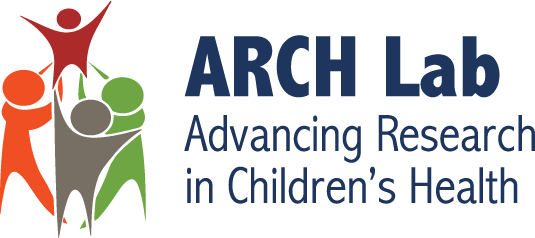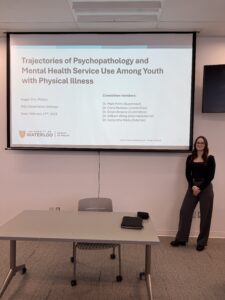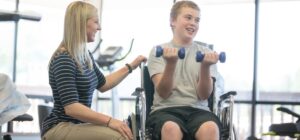Working with investigators from the Extremely Low Birth Weight Cohort at McMaster University, two papers were recently published in Development and Psychopathology. The first, entitled, “Early developmental influences on self-esteem trajectories from adolescence through adulthood: impact of birth weight and motor skills” found that early motor skill development may exert differential effects on self-esteem, depending on whether one is born at term or prematurely. The second, entitled, “How do childhood intelligence and early psychosocial adversity influence income attainment among adult extremely low birth weight survivors? A test of the cognitive reserve hypothesis” found evidence to suggest that cognitive reserve may not protect preterm survivors against the complex web of risk factors affecting their later socioeconomic attainment.
A third was published in Child: Care, Health and Development. It was entitled, “Exposure to overprotective parenting and psychopathology in extremely low birth weight survivors in adulthood” and showed that overprotective parenting accounted for a substantial proportion of the increased risk for anxiety and alcohol or substance use disorders in adulthood in low birth weight survivors. These findings indicated that despite their perceived vulnerabilities, it is important that the parents of low birth weight survivors be supported in their attempts to facilitate their children’s pursuit of independence during childhood and beyond.






